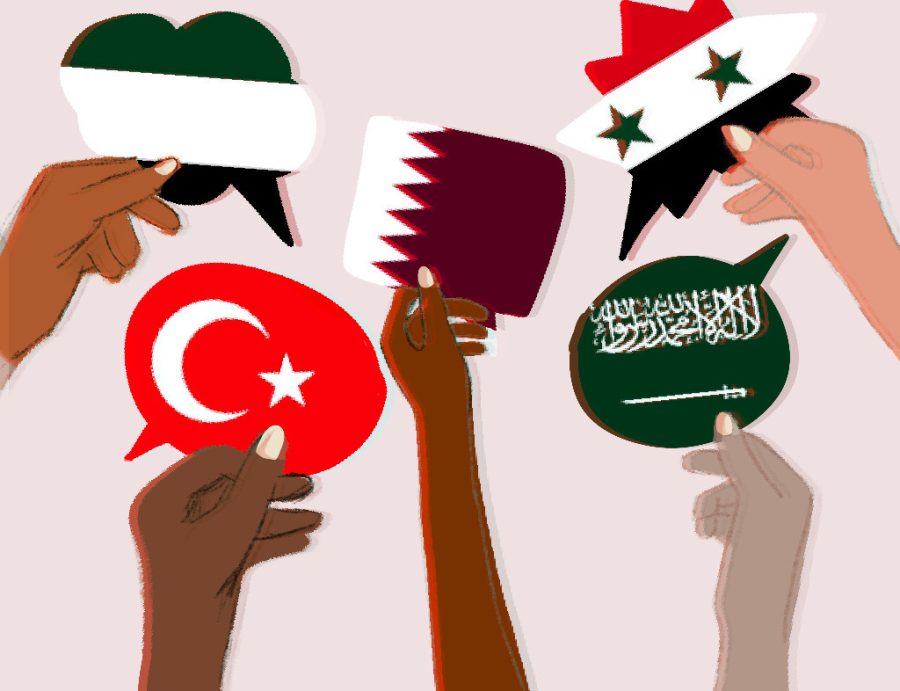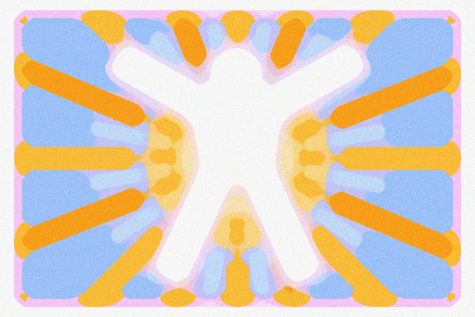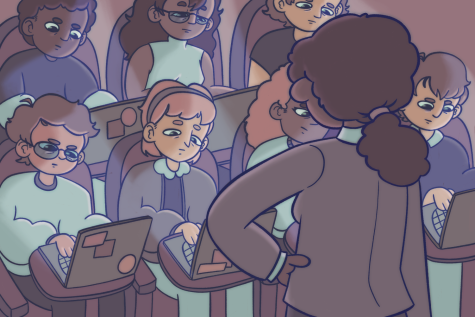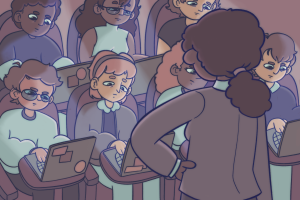Create a Middle Eastern Coalition
March 7, 2023
Every voice on campus deserves an equal opportunity to be heard. But with the sweeping population at UT, and certain minority groups’ lack thereof, it’s easy to inadvertently neglect a community’s needs.
While many people of the Middle Eastern region turn to their national identity when considering which school-affiliated organizations to join, substantive support for Middle Eastern students is virtually nonexistent. The population is not even represented in the Multicultural Engagement Center due to a lack of funding.
Despite this vacuum, the Middle Eastern community at UT has needs that must be met, with unification as the only viable solution. Middle Eastern-affiliated organizations should collaborate to create an umbrella coalition that would include all students from the region.
It’s been a difficult year for the Middle East. From the Iranian protests that began in 2022 to the recent devastating earthquake in Turkey and Syria, many Middle Easterners live in constant concern about their loved ones abroad. With these stressors, a well-connected community is a necessity for students’ mental health and general well-being.
Nehir Aram, a nutrition freshman and coordinator of internal events for the Turkish Student Association, expressed that a more cohesive position within the Middle Eastern community would have bolstered the earthquake funding.
“It could have been a lot more efficient and a lot more involved between the different Middle Eastern organizations that are on campus,” Aram said. “I personally saw that MSA, Muslim Student Association, (is) organizing another event for the earthquake that just happened. My experience within Middle Eastern organizations is that every organization is trying to do something (different), but there isn’t much collaboration (between) different organizations (to) do an event together.”
Though MSA may be considered a larger organization that students of various nationalities can join, it is not specific to the Middle East. Notably, not every Muslim is Middle Eastern, and not every Middle Easterner is a Muslim.
Although many students from the region may identify with MSA, the club does not satisfy the necessary unity for the entire Middle Eastern community.
However, this vacuum of support is not limited to Middle Eastern fundraising efforts in crises. Many Middle Eastern students face discrimination on campus that is accompanied by an inability to fully address it.
Khadeeja Shah, a Plan II and neuroscience senior, opened up about her experience as a hijab-wearing woman on campus.
“I would be surprised if someone Middle Eastern said that they hadn’t experienced racism or any sort of discrimination,” Shah said. “I used to wear hijab; I’m a Muslim. I would say that during that time I experienced more harassment from groups on campus. I don’t think (I had the support I needed to deal with that harassment).”
A coalition may not necessarily shield students like Shah from discrimination. However, it would give Middle Eastern students a larger network of individuals who have similar experiences and insight on facing adverse circumstances.
Furthermore, facilitating easier ways to connect with cultural neighbors can foster community relations in groups previously isolated from one another at UT. The Middle East is rich with art, innovation and celebration. A coalition could bring more people in direct communication with one another, spreading awareness of culturally-affiliated events happening on campus.
“It’s always great to collaborate with different organizations that have different backgrounds but maybe (also) have some things in common,” Aram said.
Heritage is a powerful influencer of our lives — perhaps more than any other external factors. Bonding with a greater community through shared cultural experiences strengthens an individual’s relationship with their country of origin, their peers and themselves. Creating a Middle Eastern coalition on campus could bolster the voice of a largely underrepresented community at UT.
Hosseini is an international relations freshman from Sugar Land, Texas.











